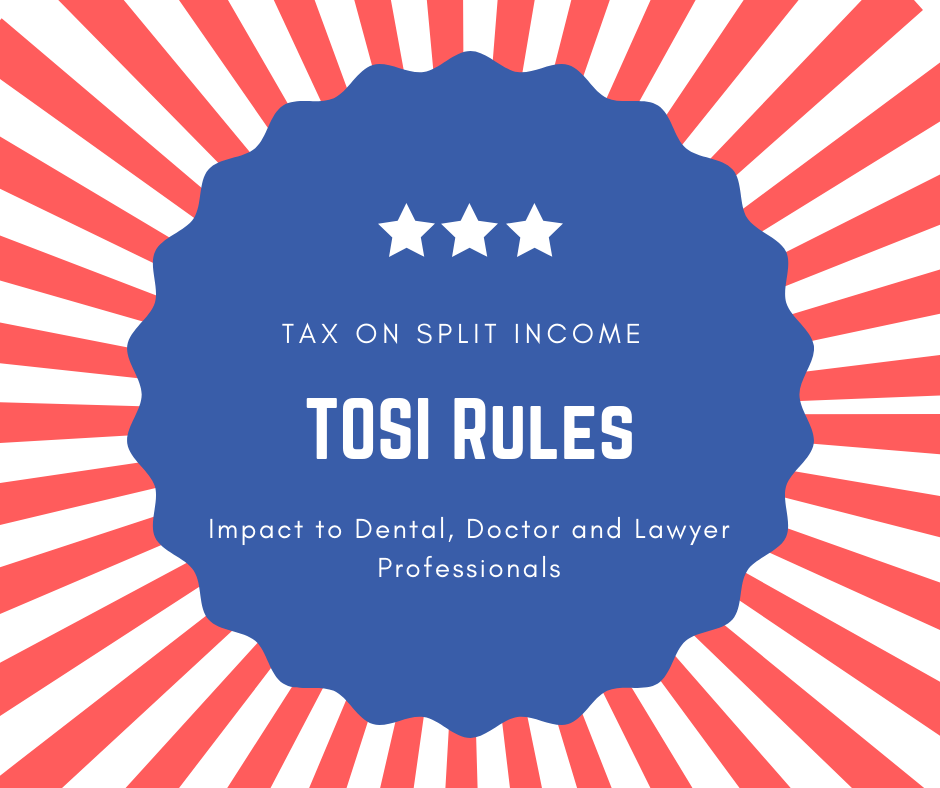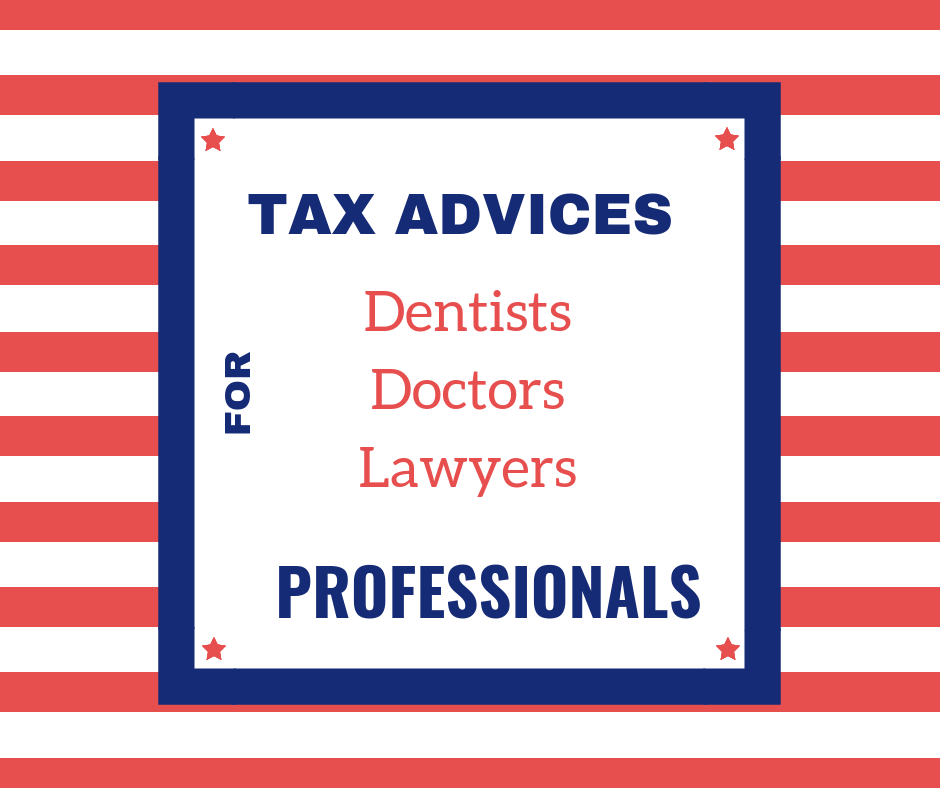Unlike other regulated professionals (doctors, lawyers, engineers, architects, dentists and accountants) who can incorporate their business, Ontario real estate agents are currently excluded from this group due to a technicality in the Real Estate and Business Brokers Act, 2002. But it looks like Ontario REALTORS are one step closer to being allowed to form personal real estate corporations.
Bill 104, Tax Fairness for Realtors Act, 2017, passed second reading in the Ontario legislature on March 23, 2017. If Bill 104 continues to move through the legislative approval process and receives Royal Assent, following third reading and a final vote in the legislature, it will become law in Ontario.
If passed, the bill 104 would permit realtors to form personal real estate corporations. This would enable real estate salespeople and brokers across the province to take advantage of the business benefits of incorporation.
Low Tax Rates and Tax Deferral Opportunities
Many tax planning opportunities available to other corporations and business owners would also be available to Personal Real Estate Corporation and the owners.
In Ontario, the top marginal rate is 53.53% on income over $220,000. As a Personal Real Estate Corporation, real estate agents would have access to the Ontario small business tax rate of only 13.5% on the first $500,000 of active income in 2018 for CCPC, and 26.5% thereafter. A significant tax deferral would easily be achieved if the real estate agent leave income in the corporation.
Income Splitting Opportunities
For some professionals, such as lawyers, ownership in their Professional Corporation is restricted to licensed professionals.However, it does not look like that would be the case with the Personal Real Estate Corporation. Bill 104 would allow for the issuance of non-equity shares to the family members of the realtor. As a result, Personal Real Estate Corporation can split income across family members by paying them a reasonable salary or issuing dividends.
Until Bill 104 passes into law, there will still be questions surrounding exactly how it will be implemented and what that will mean for real estate agents. Stay tuned with us.
#realestate #corporations #tax #planning



